Field-Assisted Sintering: A Revolutionary Process for Advanced Material Manufacturing
Field-assisted sintering, also known as spark plasma sintering (SPS) or pulsed electric current sintering (PECS), is a cutting-edge technique in materials science and engineering. This innovative process enables the rapid and efficient consolidation of powders into dense, high-performance materials with a wide range of applications. Field-assisted sintering has gained significant attention and recognition in recent years for its ability to produce materials with improved properties compared to conventional sintering methods.
Principles of Field-Assisted Sintering
Field-assisted sintering works on the principle of applying a combination of pressure and electrical current to a powder compact. This process involves several key steps:
- Powder Preparation: The starting materials are typically in the form of fine powders. These powders can be composed of various materials, including metals, ceramics, polymers, and composites. The selection of the powder is crucial, as it determines the properties of the final product.
- Compaction: The powders are placed in a die and subjected to mechanical pressure to form a green compact. This step is essential to ensure that the powders are tightly packed and in close contact with each other.
- Sintering: The green compact is placed in a specialized SPS machine, where it is subjected to a pulsed electric current and mechanical pressure simultaneously. The electric current generates heat through joule heating, promoting the diffusion of atoms and the rearrangement of particles. The mechanical pressure ensures uniform consolidation. This combined action results in rapid and highly efficient sintering.
- Cooling: After the sintering process, the material is allowed to cool down slowly to room temperature. This controlled cooling phase helps relieve residual stresses and prevents the formation of cracks or defects in the final product.
Advantages of Field-Assisted Sintering
Field-assisted sintering offers numerous advantages over conventional sintering techniques:
- Rapid Processing: SPS significantly reduces the sintering time compared to traditional methods. This rapid processing not only saves time but also prevents the growth of undesirable phases or grain coarsening.
- High Density and Purity: The combination of electrical current and mechanical pressure leads to the formation of materials with high density and purity. This results in enhanced mechanical, electrical, and thermal properties.
- Preservation of Nanostructures: Field-assisted sintering is particularly suitable for consolidating nanostructured materials, preserving their unique properties at the nanoscale.
- Wide Material Compatibility: This technique can be applied to a wide range of materials, including metals, ceramics, and composites, allowing for the development of tailored materials for various applications.
- Improved Mechanical Properties: SPS can produce materials with superior mechanical properties, such as higher hardness, strength, and toughness.
Applications of Field-Assisted Sintering
Field-assisted sintering has found a multitude of applications across various industries:
- Aerospace: SPS is used to manufacture high-strength and lightweight materials for aerospace components, enhancing fuel efficiency and structural integrity.
- Electronics: It is employed to create advanced electronic materials, such as thermoelectric materials for efficient energy conversion and superconductors for high-performance electronic devices.
- Biomedical: SPS is used to fabricate biocompatible materials for medical implants and drug delivery systems.
- Energy: Field-assisted sintering is crucial in developing materials for energy storage and conversion, including solid oxide fuel cells and advanced battery technologies.
- Automotive: SPS is utilized to produce lightweight and durable components, contributing to improved fuel efficiency and reduced emissions in the automotive industry.
Conclusion
Field-assisted sintering, or spark plasma sintering, is a transformative process that has revolutionized materials manufacturing. This technique's ability to rapidly produce high-density, high-performance materials with a wide range of applications makes it a critical tool in materials science and engineering. As research and technology continue to advance, the applications and benefits of field-assisted sintering are expected to expand, further enhancing the development of innovative materials for the future.
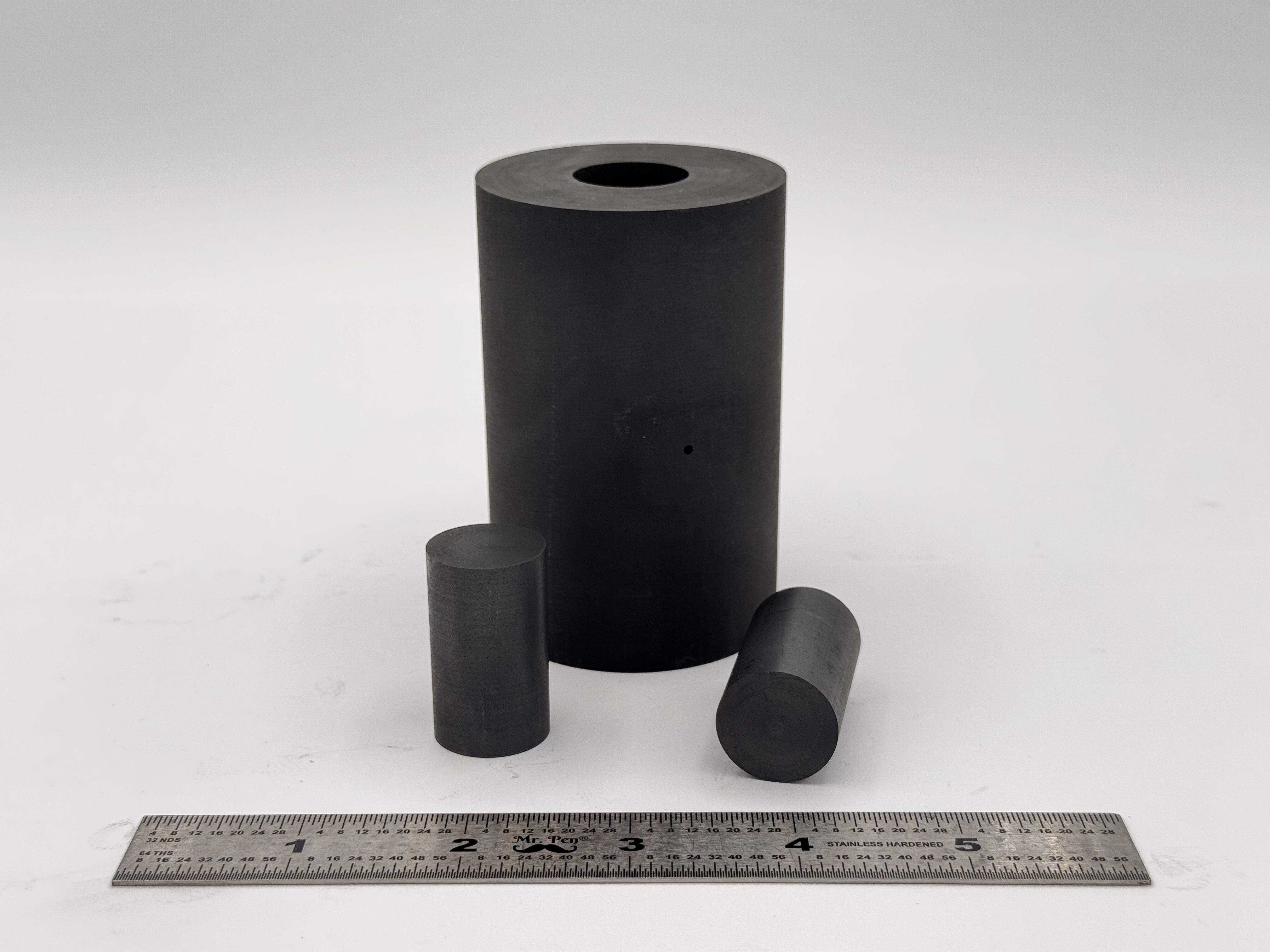 High Strength SPS Graphite Tooling
High Strength SPS Graphite Tooling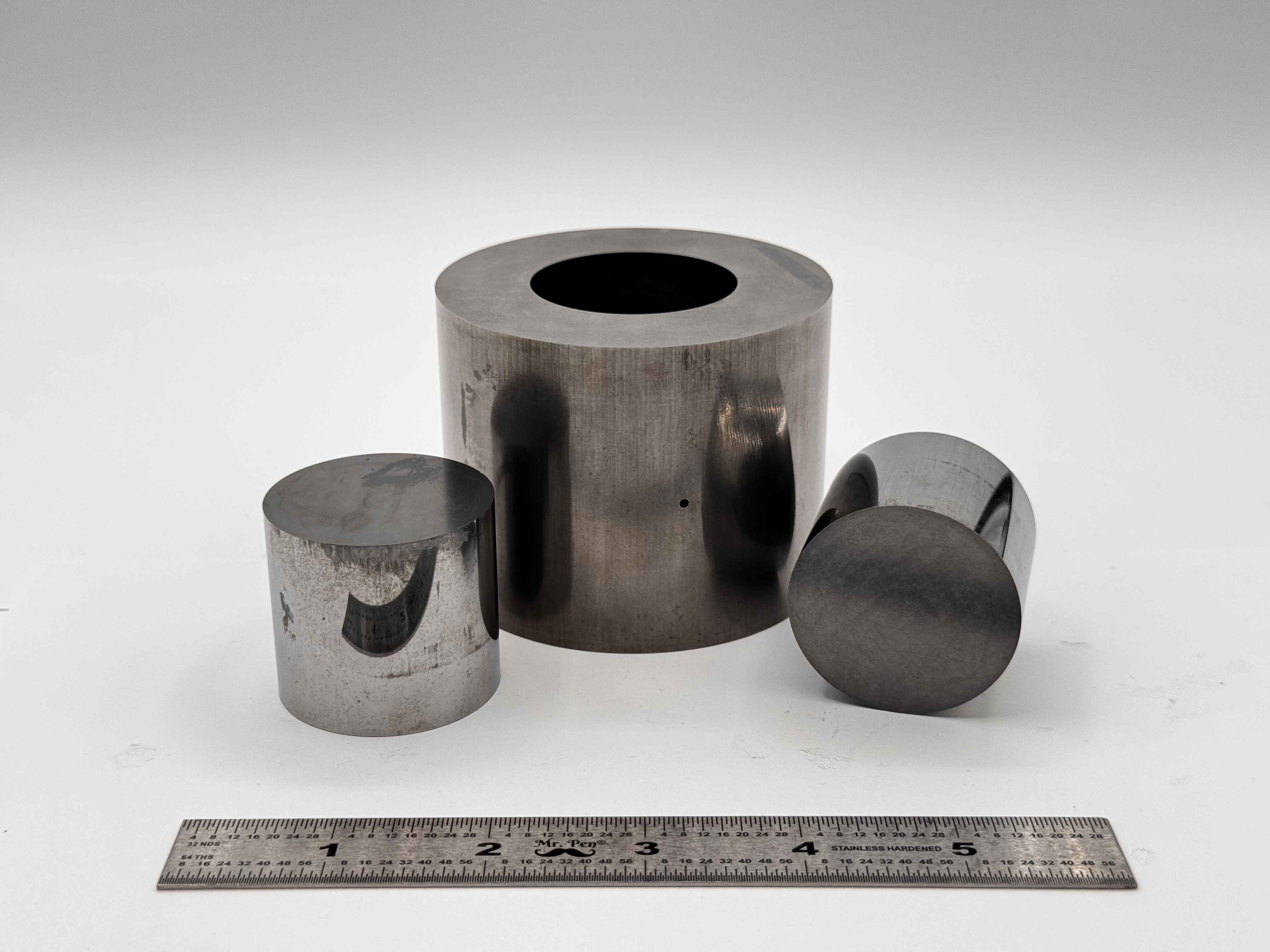 Tungsten Carbide Tooling
Tungsten Carbide Tooling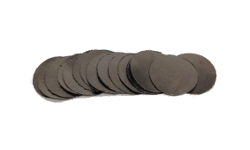 Carbon Graphite Foil / Paper
Carbon Graphite Foil / Paper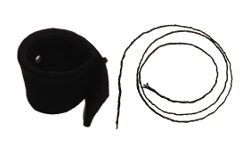 Carbon Felt and Yarn
Carbon Felt and Yarn Spark Plasma Sintering Systems
Spark Plasma Sintering Systems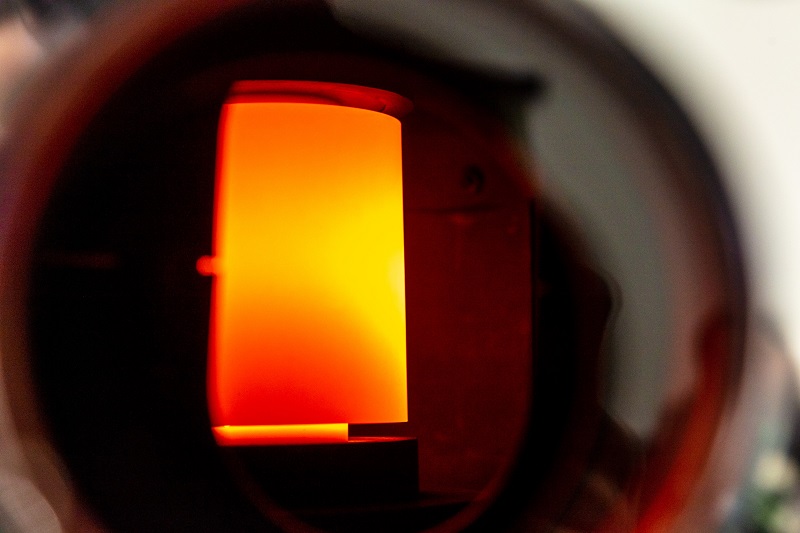 SPS/FAST Modeling Software
SPS/FAST Modeling Software